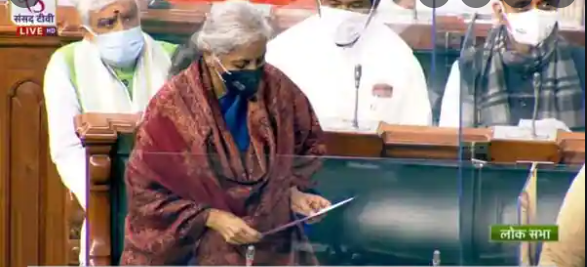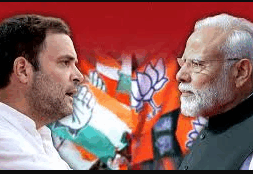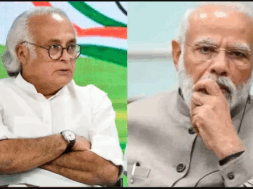
Economic Survey: Indian economy projected to grow at 8-8.5% in FY23
Virendra Pandit
New Delhi: On the back of strong capital expenditure and push for exports, the Indian economy is projected to grow at a rate of 8 to 8.5 percent in FY23, the Economic Survey (2021-22) said on Monday.
The Survey, which Finance Minister Nirmala Sitharaman tabled in the Lok Sabha on the first day of the Budget Session, said that the projection is based on key assumptions that include global crude oil prices at around US$70-75 per barrel, no further debilitating pandemic-related economic disruptions, a normal monsoon, an orderly withdrawal of global liquidity by major central banks, and an easing of global supply chain disruptions over the coming year.
For the current fiscal (2021-22), the Economic Survey pegged GDP growth at 9.2 percent.
The Survey said that growth in FY23 will be supported by widespread vaccine coverage, gains from supply-side reforms and easing of regulations, robust export growth, and availability of fiscal space to ramp up capital spending.
FY23 may also witness increased investments in private sector investment, as the financial system is in a better position to support the revival of the economy.
The Survey’s economic growth projection for 2022–23 is comparable with the World Bank and Asian Development Bank‘s latest forecasts of real GDP growth of 8.7 percent and 7.5 percent respectively.
According to the International Monetary Fund (IMF)’s latest growth projections released on January 25, India’s real GDP will grow at 9 percent in both 2021–22 and 2022–23 and 7.1 percent in 2023–24. These estimates make India the fastest-growing major economy in the world, the Survey asserted.
It also highlighted that government will comfortably meet the fiscal target this year while maintaining support. A strong rebound in government revenues will help meet the fiscal deficit target.
The Survey noted that the banking system was well capitalized and the NPA overhang has declined. The resilience of India’s external sector augurs well for growth revival. Also, the economic shock of the Covid-19 pandemic has been weathered well by the banking system.
The Survey also said that in the next 10 years, the railways’ sector will see a top-level capital expenditure of over Rs. 2 lakh crore per annum.
It explained the alternative “agile” approach that informed India’s economic response to the Covid-19 shock. This framework is based on feedback loops, real-time monitoring of actual outcomes, flexible responses, and safety net buffers.
Planning matters in this framework, but mostly for scenario analysis, identifying vulnerable sections, and understanding policy options rather than as a deterministic prediction of the flow of events.
The last year’s Economic Survey had briefly discussed this approach, but this time it is a central theme, it added.














